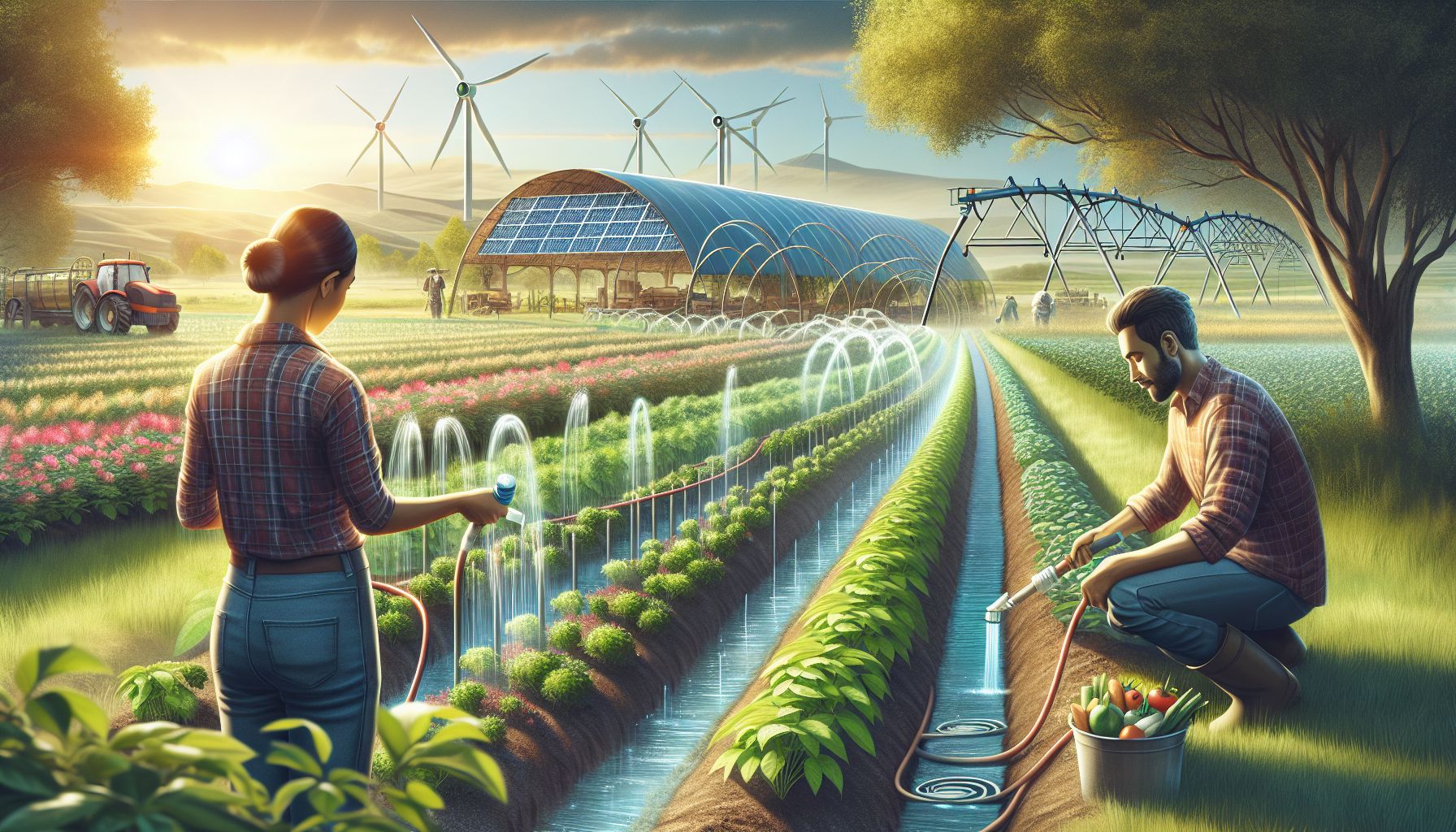Water is one of the most essential resources on our planet, and its sustainability is crucial for various sectors, including agriculture. Sustainable water management practices in agriculture not only help conserve water but also contribute to the overall health of the environment. In this article, we will explore some effective practices that can be implemented to ensure the sustainable use of water in agriculture.
Importance of Sustainable Water Management in Agriculture
Agriculture is one of the largest consumers of water globally, accounting for approximately 70% of all freshwater withdrawals. With the growing global population and increasing food demand, the pressure on water resources for agricultural purposes is only expected to rise. Sustainable water management practices in agriculture are necessary to ensure the efficient use of water while minimizing negative environmental impacts such as water scarcity, pollution, and depletion of freshwater sources.
Sustainable Water Management Practices for Agriculture
1. Drip Irrigation Systems
Drip irrigation systems deliver water directly to the roots of plants, minimizing water wastage through evaporation and run-off. This method ensures that crops receive the required amount of water without excess, leading to water savings of up to 50% compared to conventional irrigation methods.
2. Cover Cropping
Cover cropping involves planting specific crops during fallow periods to protect and improve soil health. These cover crops help reduce soil erosion, increase soil water retention, and enhance overall water-use efficiency in agriculture.
3. Conservation Tillage
Conservation tillage practices, such as no-till or reduced tillage, help retain moisture in the soil by leaving crop residues on the surface. This reduces water evaporation, improves soil structure, and promotes water infiltration, resulting in higher water-use efficiency.
4. Crop Rotation
Crop rotation is a sustainable practice that involves growing different crops in sequential seasons on the same land. This helps break pest cycles, improve soil fertility, and reduce water usage by varying the water requirements of different crops.
5. Integrated Water Resources Management
Integrated water resources management (IWRM) is a holistic approach that considers the interconnectedness of water resources, ecosystems, and human activities. By integrating water management practices at the basin level, IWRM promotes sustainable water use in agriculture while considering environmental, social, and economic factors.
Conclusion
Adopting sustainable water management practices in agriculture is essential for ensuring the long-term availability of water resources and the sustainability of food production. By implementing efficient irrigation systems, promoting soil conservation techniques, and integrating water resources management approaches, farmers can contribute to water conservation efforts and mitigate the impact of agriculture on freshwater sources. Sustainable water management practices not only benefit the environment but also help enhance agricultural productivity and resilience in the face of changing climatic conditions.
Sources:
1. Food and Agriculture Organization of the United Nations. (2016). Sustainable agriculture and sustainable irrigation. http://www.fao.org/3/a-i5701e.pdf
2. Shiklomanov, I. A. (2000). Appraisal and assessment of world water resources. Water International, 25(1), 11-32.
